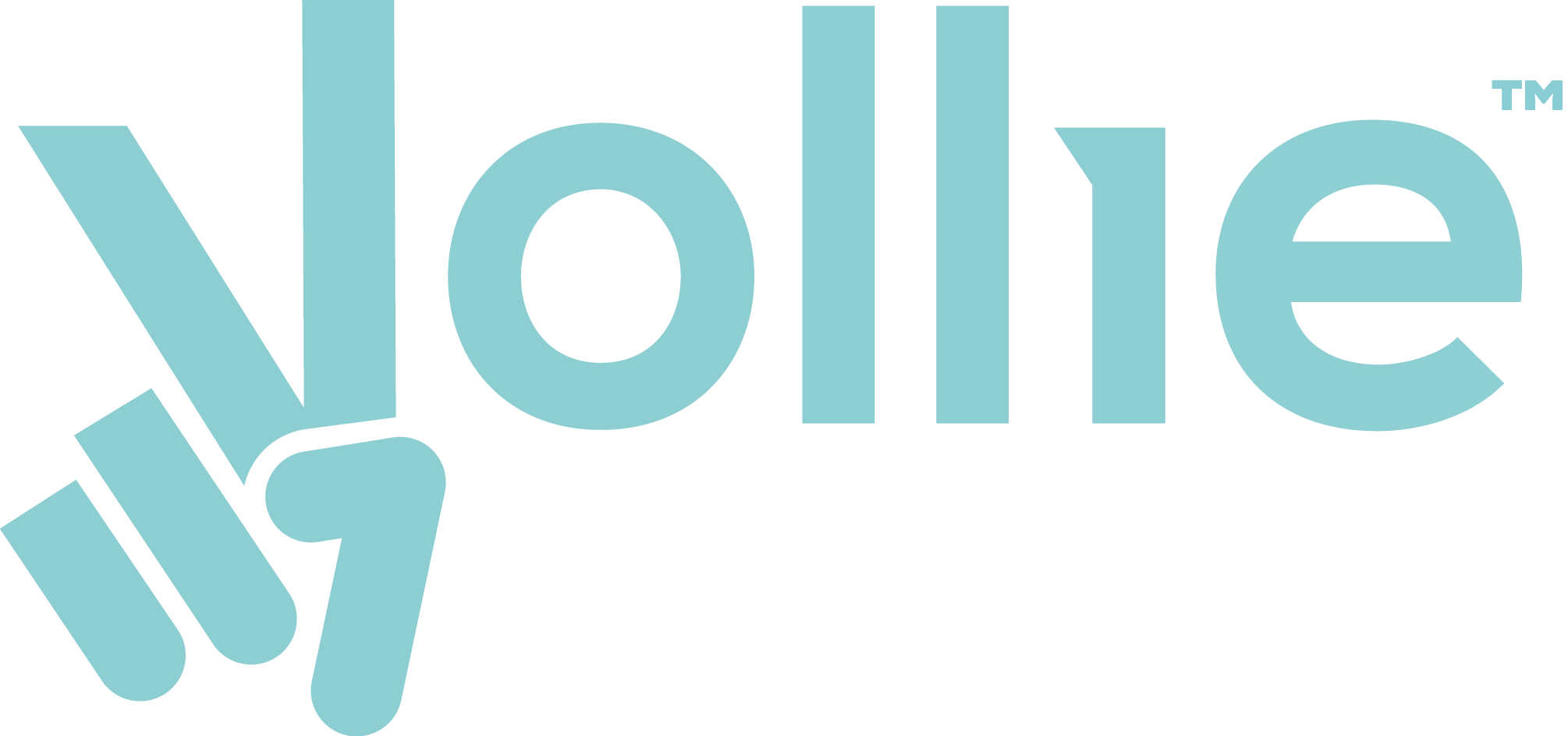Volunteering can help you retain your top performers
Much has been written about how organisations can attract Gen Z and millennial talent with the focus on wellbeing programs, free snacks or flexibility: perks have become essential on the modern jobs board.
But initial attraction is not the problem; retaining talent is the real battle for business leaders.
Young people want to make an impact, not just in the organisations they work for but in society, and this drive for positive change is an untapped resource for many businesses today. To unlock this power and engage the younger generation of workers, businesses must rethink their commitment to corporate social responsibility.
More bright millennial minds than ever are demanding ethical practices and corporate giving from their prospective employers. According to last year’s Deloitte Global Millennial Survey, around three-quarters of Gen Z and millennials believe the pandemic has highlighted new issues for them and made them more sympathetic to the needs of others in their local community and around the world.
My company, Vollie – a platform to manage online corporate volunteering programs – recently surveyed Australian Gen Z and millennial workers. We found that two-thirds of them researched the commitment of potential employers to social issues when considering them as an employer.
Sixty-three per cent would not work for an organisation if it had no commitments to making the world a better place and a further 93 per cent valued an organisation’s commitment to social issues when considering them as an employer.
For employers, this means potential candidates will ask you about the organisation’s social programs during a job interview.
Social responsibility is no longer just about creating an image: it’s a meaningful action that helps to attract talent while also building culture and pride within your workforce.
Most organisations know CSR is important but still find it challenging to implement a program effectively. This comes down to a few key roadblocks: senior level buy-in, resources and budget. Thanks to the pandemic, C-suites face mounting stakeholder pressure to return profits and reach high growth targets. Programs deemed non-essential – such as CSR – are often the first to be cut when resources and budget are tight. Despite these challenges, it’s important attitudes shift away from “nice to have” towards seeing CSR as a business priority. Integrating social impact into the workplace can help increase retention rates with younger employees.
Our research reveals that 89 per cent of Gen Z workers and 92 per cent of millennials were likelier to stay at an employer long term if it had a strong CSR initiative. This highlights the importance of social programs as part of a larger culture strategy to keep employees feeling positive and engaged.
So, how do businesses overcome these roadblocks and implement CSR effectively long term?
One answer is the remote volunteering platforms to help companies scale meaningful staff volunteering opportunities. For example, you can now donate blood to the Australian Red Cross through self-service, with organisations encouraged to create their own team to track impact.
By choosing to give back remotely, businesses can offer employees a personalised experience with a range of options based on their skill set, availability and interests. Remote solutions help provide clear insights into the impact of your business’s CSR – from an organisational level, by department, by region or down to the individual volunteering impact of your employees. This data can be used to track staff involvement and engagement, with overall feedback then used to pivot and shape programs.

